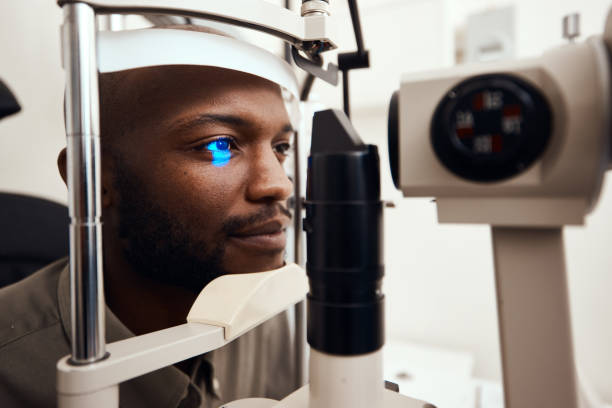Regular vision screenings are crucial for maintaining good eye health and detecting potential vision problems early on. These screenings can help detect common eye conditions like nearsightedness, farsightedness, and astigmatism, as well as more serious eye conditions like glaucoma and cataracts. By identifying these issues early, vision screenings can help prevent further damage to the eyes and improve the effectiveness of any necessary treatment.

Types of Vision Screenings
There are several different types of vision screenings that can be performed, depending on the patient's age and specific needs. These include comprehensive eye exams, visual acuity tests, color vision tests, and depth perception tests. Each of these tests evaluates different aspects of vision function and can help identify any areas of concern that may require further evaluation or treatment by an eye doctor.
Learn More About ScreeningsVision Screening Procedures
Vision screenings are typically conducted by trained professionals such as school nurses, pediatricians, and optometrists. The specific procedures used during a vision screening may vary depending on the type of test being performed, but generally involve a series of non-invasive tests designed to evaluate basic visual functions. These may include reading an eye chart, following a moving object, identifying colors, or viewing images through specialized lenses. Depending on the results of the screening, further evaluation by an eye doctor may be recommended.
Find a Screening Near You


